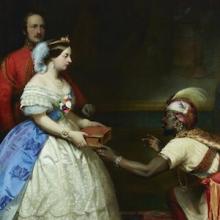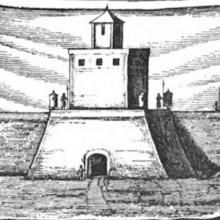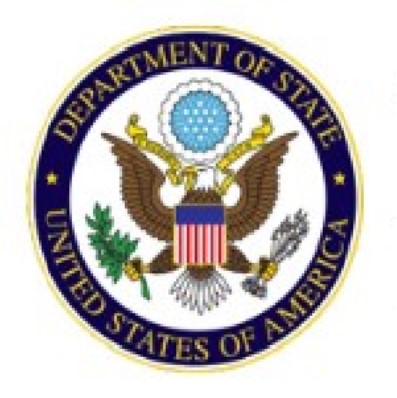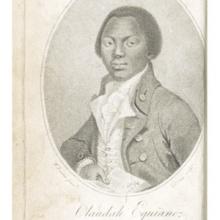Africa

Long Teaching Module: Women in the British Empire, 1800-2000
This module will help students explore the importance of women—both British women and women from British colonies—to the British Empire, as well as their importance in developing an understanding of Britain as an imperial power to a domestic audience at home.

Long Teaching Module: Cultural Contact in Southern Africa
The Portuguese explorer Bartholomew Diaz first saw the Cape of Good Hope—the southernmost point in Africa—in 1488. No attempt was made by a European nation to establish a permanent settlement there, however, until 1652, when the Dutch East India Company (VOC) set up a refreshment station.

Foreign Relations of the United States, Volume XVII: Near East, 1961-1962
These documents provide crucial historical evidence of the attitudes American diplomats and officials held toward the countries of the Middle East, as well as uncovering aspects of foreign relations from an American perspective at the height of the Cold War.
Gertrude Bell Project
In the teaching of world history, this site lends itself to exploring both the themes of women travelers and their writing, as well as the timely topic of European intervention in the Middle East, in particular Iraq.
Internet African History Sourcebook
The site provides broad chronological and geographic coverage, with a particularly impressive list of sources for ancient Egypt and Greek and Roman Africa. It is a gateway to an abundance of information.
Long Teaching Module: Children in the Slave Trade
From the 16th to the 18th centuries, an estimated 12 million Africans crossed the Atlantic to the Americas in the trans-Atlantic slave trade. Used on plantations throughout the United States, Latin America and the Caribbean, enslaved Africans were shipped largely from West Africa.
Long Teaching Module: African Scouting (20th c.)
Conceived by General Sir Robert Baden Powell to reduce class tensions in early 20th-century Britain, the Boy Scout movement evolved into an international youth movement that offered a romantic program of vigorous outdoor life for boys and adolescents as a cure for the physical decline and social
Cultural Contact in Southern Africa: Letters, Johanna Maria van Riebeeck
Johanna Maria van Riebeeck (1679-1759) was from an elite family in the Dutch colonial network.

Short Teaching Module: Childhood and Transatlantic Slavery
Especially useful in helping to place slavery in a world history perspective is one of the first slave narratives, The Interesting Narrative of the Life of Olaudah Equiano or Gustavus Vassa the African, originally published in 1772.
British Empire: Fiction, Nervous Conditions
In 1959, Tsitsi Dangarembga was born in Africa in the British colony known as Rhodesia, now called Zimbabwe. From the age of two, she spent four years living in Britain. On her return to Rhodesia, she attended a missionary school in Mutare.